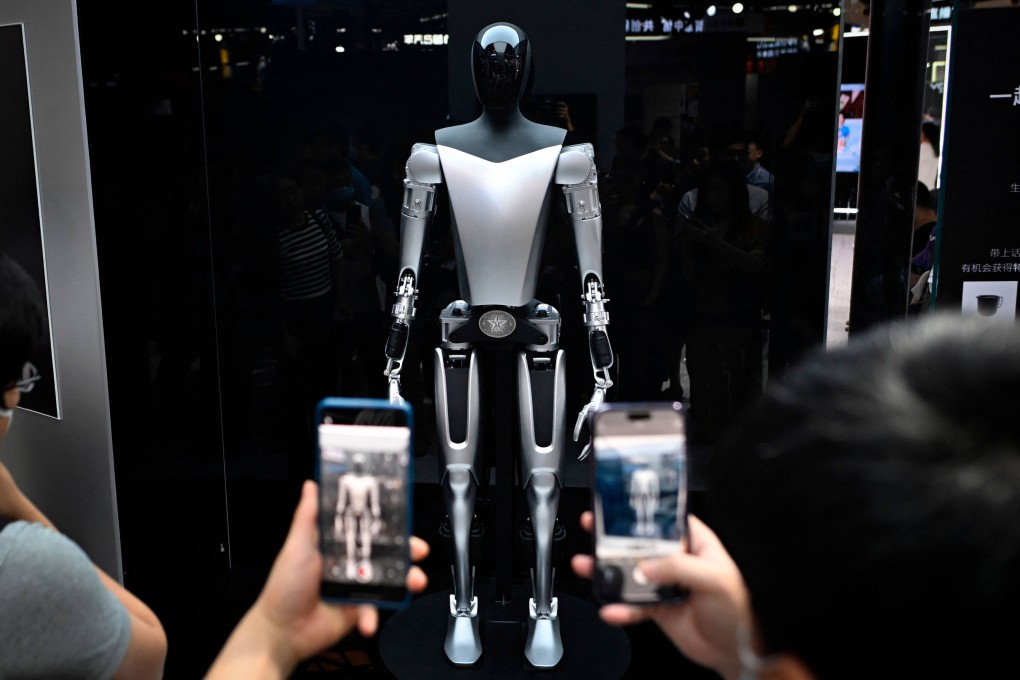Opinion | What will happen when China’s strict online censorship comes up against AI-generated content?
- To the relief of many industry insiders, the tone of the regulation was much more ‘supportive’ of AIGC compared with an initial draft published in April
- In the long run, a group of ‘zoo babies in the Chinese AIGC space will be harmful for the country’s innovation

Internet regulator the Cyberspace Administration of China last week published rules to tame public-facing artificial intelligence generated content (AIGC) in the form of text, pictures, audio and video in one of the world’s most detailed and ambitious set of regulations.
With the provisional rules, which will come into effect next month, Beijing has sent a message that it encourages the development of AIGC as long as its “red lines” are not crossed. To the relief of many industry insiders, the tone of the regulation was much more “supportive” of AIGC compared with an initial draft published in April. It’s not hard to imagine that there were heated debates, intensive lobbying and even power jockeying behind closed doors over the past months to revise and finalise the draft.
The impact of AIGC on society has just begun, and at the same time, authorities around the world are increasingly alert to what disruptions this content can cause. With AIGC, it could be much easier to create an “alternative reality” and to spread misinformation.
Beijing’s foremost concern about AIGC is whether it can maintain effective control over public-facing content. In the era of user-generated content (UGC), Chinese authorities have often patted themselves on the back for maintaining effective control of online content. China has developed a sophisticated internet content control system to ensure that the public can only access screened content.
The system is underpinned by a number of systems that require extensive state power and resources to implement. The first is the Great Firewall that keeps uncensored information out of reach. Google pulled out of China in 2010 after it refused to screen search results to comply with Chinese regulations. In addition, unlicensed virtual private network services, strictly speaking, are illegal in China.
The second system is real name registration for all internet users, and there is a heavy burden on internet service providers to make sure all information is traceable to the real person behind it. For social media platforms such as WeChat and Weibo, users can change their names, but each account is traceable to a real person. The adage, “On the internet, nobody knows you’re a dog”, doesn’t apply in China.
In the era of AIGC, however, China’s intolerance of “harmful” information could hurt its ambitions for developing AI. For instance, if AIGC models serving Chinese consumers can only source content within the Great Firewall or from “whitelisted” websites, the competitiveness of Chinese AIGC models will be weaker than international peers like OpenAI’s ChatGPT and Google’s Bard.
